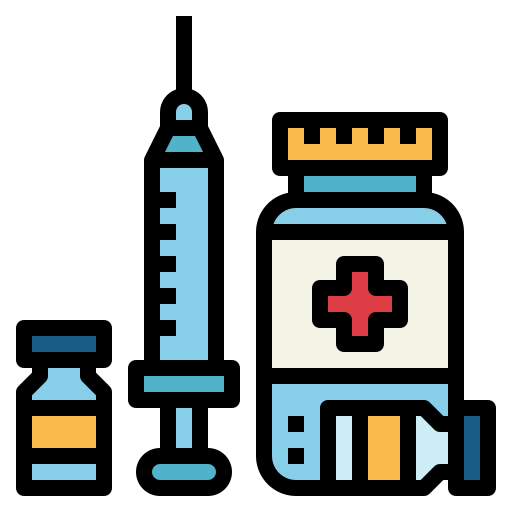Attention Deficit Hyperactivity Disorder (ADHD)/hyperkinetic disorder is a neurodevelopmental disorder with core symptoms of hyperactivity, inattention and impulsivity evident from childhood which have associated psychological, social and/or educational or occupational impairment. Within the Diagnostic and Statistical Manual of Mental Disorders, fifth edition (DSM-5) diagnoses of ADHD there are sub-types of ADHD, in which not all core symptoms are required for diagnosis. There is increasing evidence that ADHD can be a persistent diagnosis and that symptoms can continue to cause functional impairment into adulthood.
Co-morbidity is common with increased incidence of other neurodevelopmental disorders such as Autism Spectrum Disorder and Tourette’s syndrome as well as affective disorders, anxiety, learning disability, learning difficulties, oppositional and conduct disordered behaviour and attachment disorders. ADHD is also associated with a higher incidence of social difficulties such as educational underachievement, antisocial behaviour, substance misuse and unemployment.
Local guidelines have been developed for pharmacological ADHD treatment - Prescribing for Treatment of Attention Deficit Hyperactivity Disorder (ADHD) for Children Young People and Adults. Medication is not recommended for all patients with ADHD and is dependent upon the severity of the disorder and age (in children). Parent training advice for parents of children with ADHD is recommended along with adaptations to the school environment. There can also be a role for psychological interventions such as Cognitive Behaviour Therapy (CBT). Choice of medication can be affected by factors such as a patient or family cardiac history or tics. Side effects experienced and the effectiveness of the medication for the individual will also play a role in medication choice. The presence of compliance issues or a diversion risk will help determine if the long acting form of stimulant medication is required.
A baseline physical examination is recommended with weight, blood pressure and heart rate monitored on a minimum of a six monthly basis whilst pharmacological ADHD treatment is prescribed (see Prescribing for Treatment of Attention Deficit Hyperactivity Disorder (ADHD) for Children Young People and Adults). It is also recommended that height be monitored in children at the same frequency. For some patients a baseline ECG is recommended. If symptoms of liver failure develop in patients prescribed atomoxetine liver function tests would be recommended. Liver function tests are not however required at baseline.
Useful links
NHSL (2020) Prescribing for Treatment of Attention Deficit Hyperactivity Disorder (ADHD) for Children Young People and Adults.
NICE (2019) Attention Deficit Hyperactivity Disorder: Diagnosis and Management [NG87].
